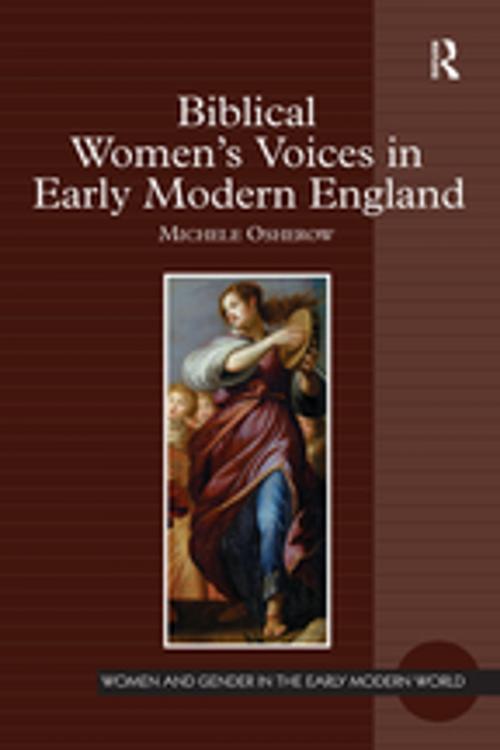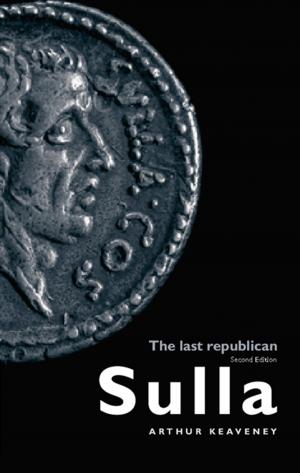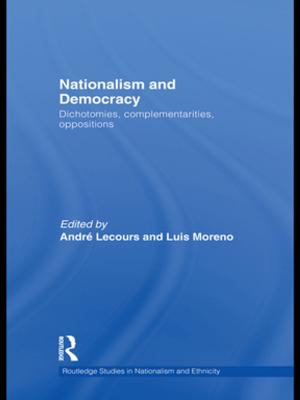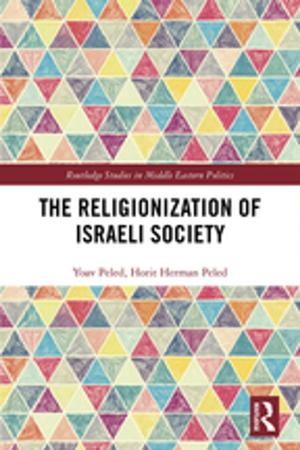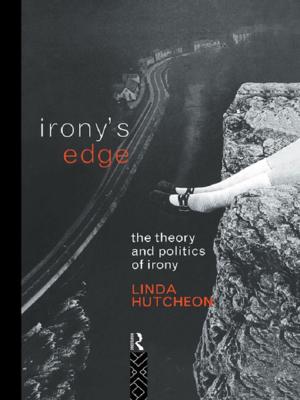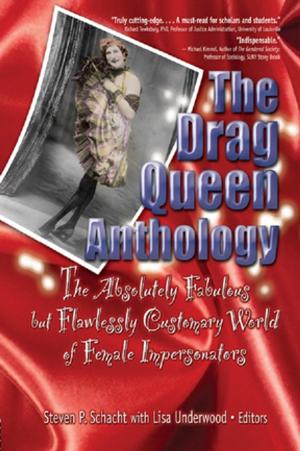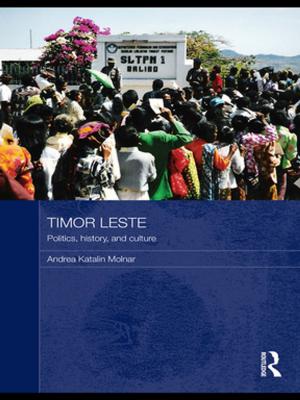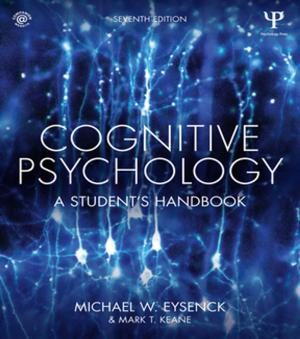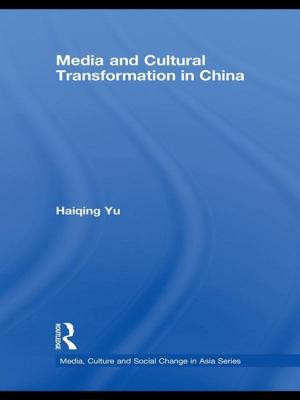| Author: | Michele Osherow | ISBN: | 9781351955393 |
| Publisher: | Taylor and Francis | Publication: | December 14, 2016 |
| Imprint: | Routledge | Language: | English |
| Author: | Michele Osherow |
| ISBN: | 9781351955393 |
| Publisher: | Taylor and Francis |
| Publication: | December 14, 2016 |
| Imprint: | Routledge |
| Language: | English |
Biblical Women's Voices in Early Modern England documents the extent to which portrayals of women writers, rulers, and leaders in the Hebrew Bible scripted the lives of women in early modern England. Attending to a broad range of writing by Protestant men and women, including John Donne, Mary Sidney, John Milton, Rachel Speght, and Aemilia Lanyer, the author investigates how the cultural requirement for feminine silence informs early modern readings of biblical women's stories, and furthermore, how these biblical characters were used to counteract cultural constraints on women's speech. Bringing to bear a commanding knowledge of Hebrew Scripture, Michele Osherow presents a series of case studies on biblical heroines, juxtaposing Old Testament stories with early modern writers and texts. The case studies include an investigation of references to Miriam in Lady Mary Sidney's psalm translations; an unpacking of comparisons between Deborah and Elizabeth I; and, importantly, a consideration of the feminization of King David through analysis of his appropriation as a model for early modern women in writings by both male and female authors. In deciphering the abundance of biblical characters, citations, and allusions in early modern texts, Osherow simultaneously demonstrates how biblical stories of powerful women challenged the Renaissance notion that women should be silent, and explores the complexities and contradictions surrounding early modern women, their speech, and their power.
Biblical Women's Voices in Early Modern England documents the extent to which portrayals of women writers, rulers, and leaders in the Hebrew Bible scripted the lives of women in early modern England. Attending to a broad range of writing by Protestant men and women, including John Donne, Mary Sidney, John Milton, Rachel Speght, and Aemilia Lanyer, the author investigates how the cultural requirement for feminine silence informs early modern readings of biblical women's stories, and furthermore, how these biblical characters were used to counteract cultural constraints on women's speech. Bringing to bear a commanding knowledge of Hebrew Scripture, Michele Osherow presents a series of case studies on biblical heroines, juxtaposing Old Testament stories with early modern writers and texts. The case studies include an investigation of references to Miriam in Lady Mary Sidney's psalm translations; an unpacking of comparisons between Deborah and Elizabeth I; and, importantly, a consideration of the feminization of King David through analysis of his appropriation as a model for early modern women in writings by both male and female authors. In deciphering the abundance of biblical characters, citations, and allusions in early modern texts, Osherow simultaneously demonstrates how biblical stories of powerful women challenged the Renaissance notion that women should be silent, and explores the complexities and contradictions surrounding early modern women, their speech, and their power.
